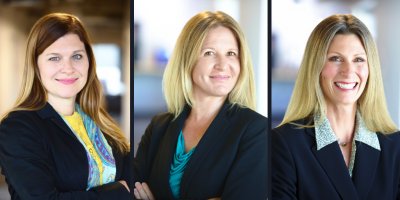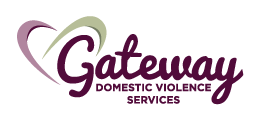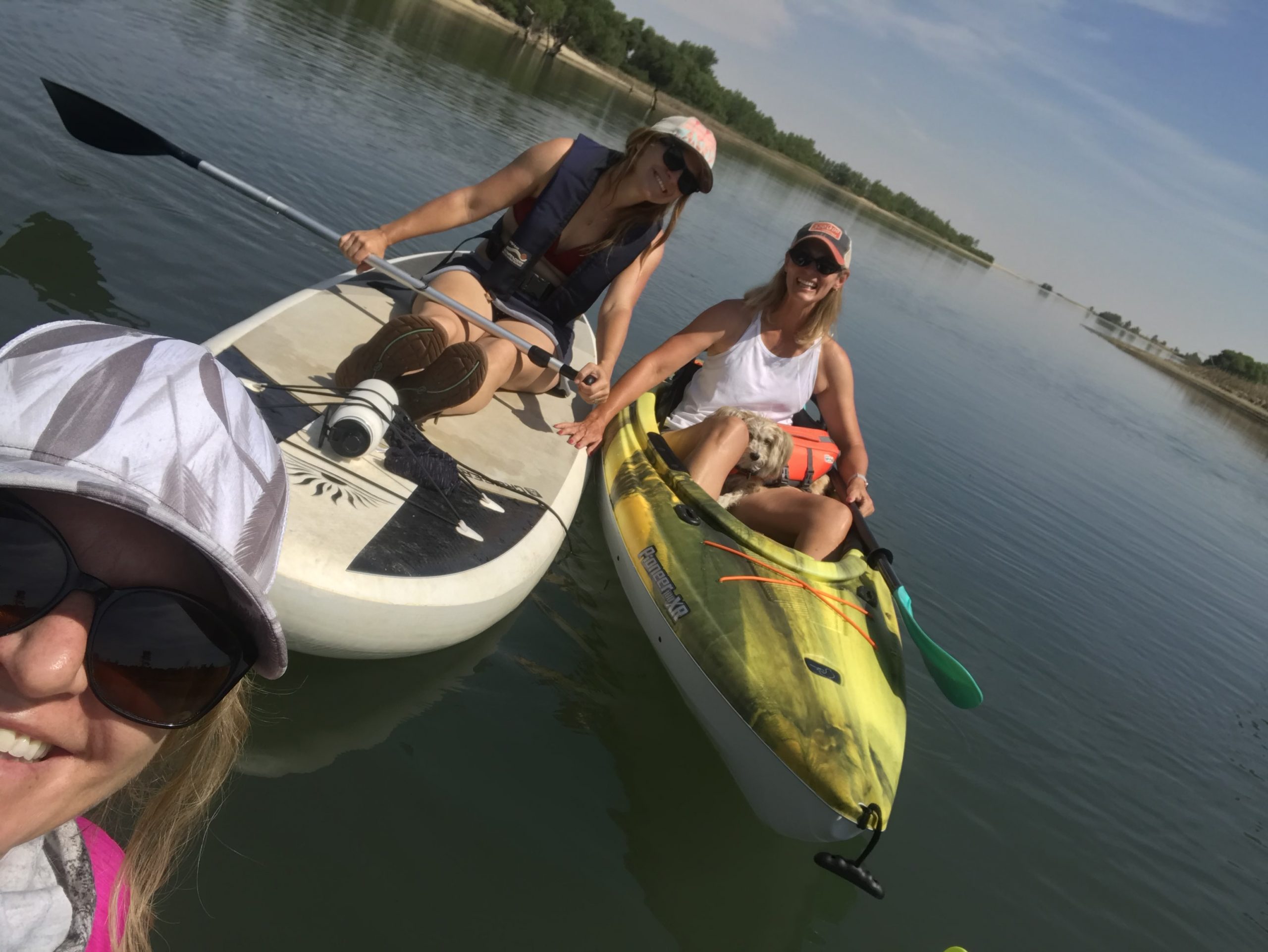Above: JVA grantwriters (from left) Kat, Erin and Lisa enjoy some well-earned down time.
By The Joining Vision and Action Resource Development Team
As the new year begins, JVA has been taking stock of our 2020 numbers.
Knowing that it was an extremely challenging year for many changemaking organizations, we are pleased to share that the JVA team was able to help our grantwriting clients secure a total (so far) of $19.3 million last year, with several large grants still pending.
JVA’s resource development team wrote 102 grants in 2020. That’s more than in 2019 (86) or 2018 (93). The team wrote  dozens of COVID-19 response grants—securing awards ranging from $15,000 to $50,000 for several clients. Our grantwriters conducted funding research for more than a dozen clients, as well. Pretty impressive for a tough year with a newly minted director of grants. (Erin Shaver accepted the role in November 2019, with little reason to expect what lay ahead.)
dozens of COVID-19 response grants—securing awards ranging from $15,000 to $50,000 for several clients. Our grantwriters conducted funding research for more than a dozen clients, as well. Pretty impressive for a tough year with a newly minted director of grants. (Erin Shaver accepted the role in November 2019, with little reason to expect what lay ahead.)
Grantwriting dynamo Kat Wishart wrote 50 of the above grants herself, and Lisa Cirincione kept chugging along as she celebrated 20 years (and $170 million in total wins) with JVA. Several contractors pitched in, as well.
As we said, awards are pending for several more grants for which we’ve written proposals in 2020. In the meantime, here are just a few of the wins the grantwriting team is excited about. We’ve arranged them by category, though all of these organizations certainly meet many intersecting needs and serve a variety of communities.
Health
Sheridan Health Services was awarded $150,000 by The Colorado Health Foundation to distribute digital communication technologies and provide culturally and linguistically appropriate healthcare and health education services via telehealth. Through this project, Sheridan will partner with Arapahoe Public Libraries to help reach individuals disproportionately affected by the digital divide.
Mile High Behavioral Healthcare (MHBHC) won a $340,000 grant from The Colorado Health Foundation in support of its Transcend program, which uses peers (people who have similar lived experience to the target population), to walk alongside those seeking care for substance use and/or mental health disorders. Peers provide clients with support throughout their journey of recovery, from intake through a new aftercare program, which peers will also support, reducing clients’ risk of relapse.
What is a Grantwriter, Only Better?
Most organizations cannot afford to keep a full-time grantwriter on staff. And even if they do, it’s unlikely a single individual will possess the depth and array of skills that JVA’s team offers. Our Grantwriter, Only Better package streamlines the grantwriting process for clients. That increases their capacity to focus on their programming and mission. Find out more here.
Homelessness
Colfax Community Network (CCN) won $220,000 from the City of Aurora Homeless Services Program to provide services and programs to children and families experiencing homelessness or residing in low-income, transient housing along the Colfax corridor. Funding will support CCN’s afterschool/ summer program for children in grades K–5; outreach to families living in motels; and a drop-in resource center, including a food bank and housing case management.
Comitis Crisis Center and the Aurora Day Resource Center won $1.29 million from the City of Aurora Homeless Services Program to provide: 1) access to basic needs services seven days a week; 2) access to a 30-day stay in emergency shelter; 3) transitional housing for TANF families; 4) transitional housing for veterans; 5) a recovery shelter for people with substance use disorders; 6) access to housing and employment support services and case management; 7) a cold-weather activated emergency shelter; 8) access to behavioral health treatment and recovery supports; and 9) day services to adults who are experiencing homelessness.
Youth and families
Denver Indian Center, Inc. (DICI) was awarded over $3.4 million by the Administration for Children and Families Office  of Family Assistance, for continuation of its Honoring Fatherhood Program (HFP).
of Family Assistance, for continuation of its Honoring Fatherhood Program (HFP).
HFP provides culturally competent, trauma-informed parenting, relationship and economic stability services to support American Indian/Alaska Native fathers, and other urban, low-income fathers, as they work to foster self-reliance, expand opportunities and strengthen future generations of fathers.
TEENS, Inc. was awarded $793,240, to be distributed over five years, by the Colorado Department of Human Services Office of Behavioral Health (OBH). The TEENS, Inc. grant will promote substance use prevention and well-being of youth and families through social-emotional learning.
Re:Vision was awarded $342,250 by the City’s Healthy Food for Denver’s Kids (HFDK) Initiative. The funds will support Re:Vision projects including partnering with Denver Children’s Advocacy Services (DCAC) to create a bilingual curriculum for use at the Children’s Gardens at DCAC; continuing its Semillas de Esperanza (Seeds of Hope) paid summer program for youth that explores the intersections of food systems, community development and technology; and providing healthy-cooking classes for families in the Westwood neighborhood.
Education and workforce development
Westminster Public Schools (WPS) was awarded $370,000 by the Colorado Department of Education for a School  Counselor Corps grant. Counselors hired through this project will support students’ dropout prevention, engagement and career awareness. They will extend the use of the Individual Career and Academic Plan (ICAP) to elementary students to help them become aware of postsecondary options, including career exploration. (Learn more about WPS and its approach on our blog.)
Counselor Corps grant. Counselors hired through this project will support students’ dropout prevention, engagement and career awareness. They will extend the use of the Individual Career and Academic Plan (ICAP) to elementary students to help them become aware of postsecondary options, including career exploration. (Learn more about WPS and its approach on our blog.)
Asian Pacific Development Center (APDC) won a $1.2 million Adult Education and Family Literacy Act grant from the Colorado Department of Education.
The funding will help APDC serve some of Denver’s most difficult-to-reach adult learners, including immigrants and refugees. It will increase the capacity of APDC’s successful adult education programming by 1) adding multilevel English as a second language, adult basic education, adult secondary education and GED classes, 2) adding a learning lab for more one-on-one tutoring, 3) adding a family literacy program to support parents and families, and 4) expanding APDC’s work with local partners to build industry-specific training in in-demand industries, such as food service and education.
Arts and humanities
Think 360 Arts for Learning (Think 360) was awarded $118,000 from Caring4Denver for its Creative Aging program.  The program increases older adults’ well-being and decreases social isolation through artist residencies, performances and workshops that engage participants in creative expression. Think 360 also provides professional development for teaching artists that prepares them to work effectively with older adults.
The program increases older adults’ well-being and decreases social isolation through artist residencies, performances and workshops that engage participants in creative expression. Think 360 also provides professional development for teaching artists that prepares them to work effectively with older adults.
In response to the pandemic, Think 360’s Creative Aging program provided Zoom teaching and videos for participants to watch at their own pace. It also partnered with the Denver Public Library to distribute “art boxes” for older adults, with artist-designed lessons, instructions and art supplies. And it organized parking lot performances at Kavod Senior Life in July, in which artists performed (e.g., taiko Japanese drums and dancing) outdoors on each of the four sides of the building, rotating every 15 minutes so residents could see each performance.
Denver Public Library (DPL) was awarded $169,768 by the Institute of Museum and Library Services to fund DPL’s Preserving Black Western Legacies project so it can digitize 14 of the most heavily used collections that celebrate the lives of African Americans who settled Denver and the American West. The Western Legacies Museum is located within the Blair-Caldwell African American Research Library.
Among the collections to be digitized will be those featuring the first African American mayor of Denver, Wellington Webb; Denver City Councilman Elvin R. Caldwell; the Lincoln Hills resort; and the Colorado agricultural colony of Dearfield.
Domestic violence services
Gateway Domestic Violence Services was awarded a Victims of Crime Act (VOCA) grant of nearly $1.3 million to support  its comprehensive Housing First model of care for people who have experienced domestic violence.
its comprehensive Housing First model of care for people who have experienced domestic violence.
Gateway provides client-centered, evidence-based, trauma-informed programs to help clients become safely housed and able to protect themselves long-term, e.g., case management, housing and employment navigation, counseling and aftercare services, as well as shelter.
APDC also won a VOCA grant, of $256,875, to support APDC’s Victim Assistance department, which offers culturally and linguistically appropriate support for victims of sexual assault and domestic violence, human trafficking and theft.
Environment
TEENS, Inc. partnered with Colorado Parks and Wildlife to win $81,163 in Great Outdoors Colorado (GOCO) Resilient Communities funding. The project involves use of TEENS’ TeamWorks crews for trail maintenance at several Front Range state parks that received significant use in 2020. TeamWorks also won a $25,000 grant from the National Park Service to perform trail maintenance in summer 2021 at Rocky Mountain National Park.
We’re here for you
Nothing makes us happier at JVA than being able to support our clients through this tough time. Whether you’re an annual client taking advantage of our Grantwriter, Only Better package, you just needed an updated proposal boilerplate, or anything in between, thank you for choosing to partner with us.
And now, on to 2021! We are hopeful that the upcoming year will eventually bring more positive circumstances for changemakers everywhere. Regardless, we’ll be right here, ready to roll up our sleeves.
Want to work with JVA’s grantwriters? Let us know how we can help.







Leave A Comment